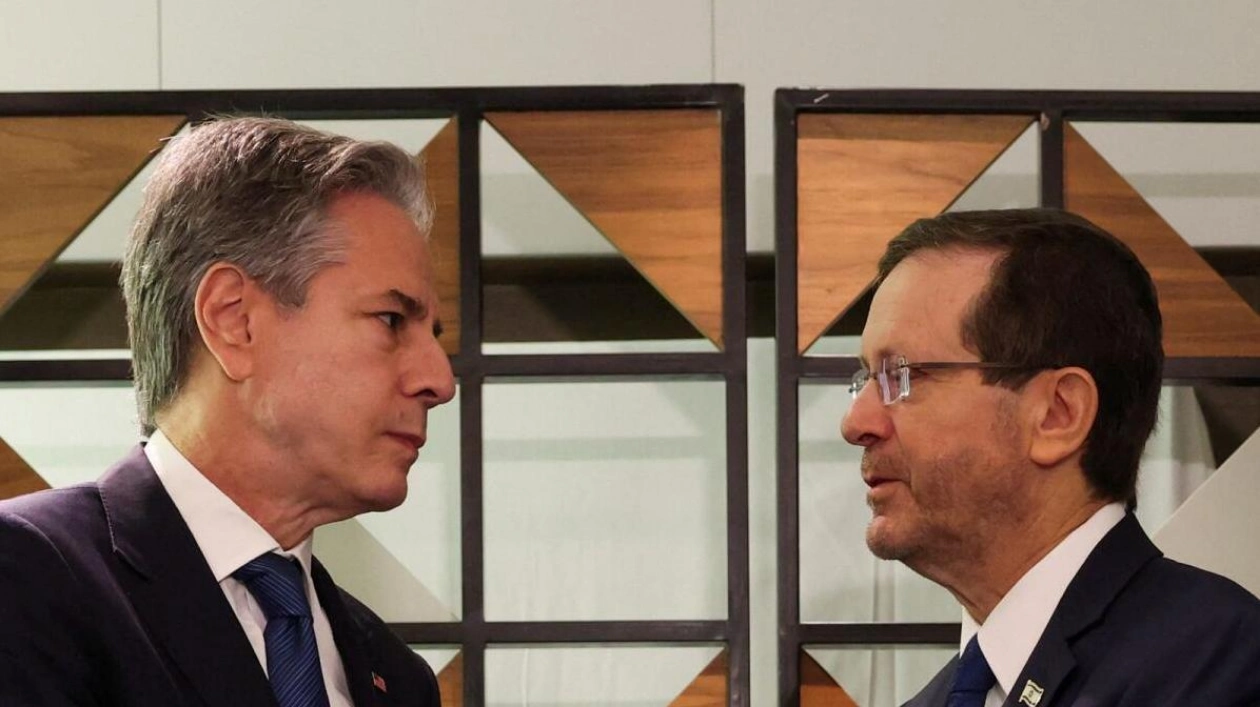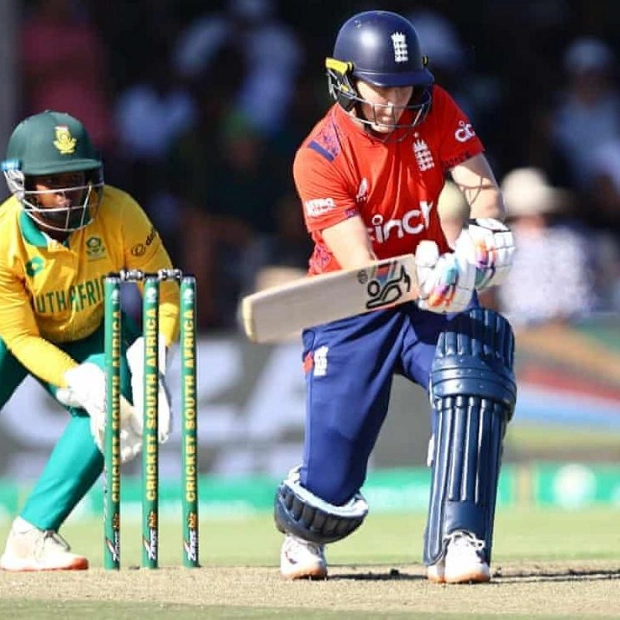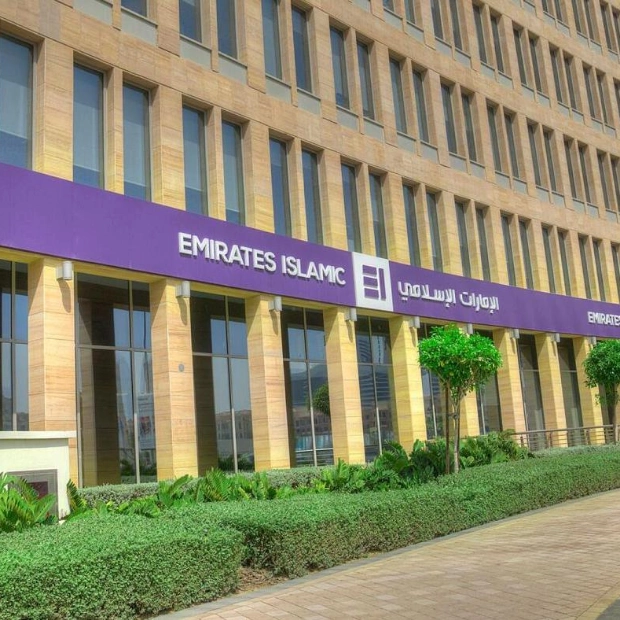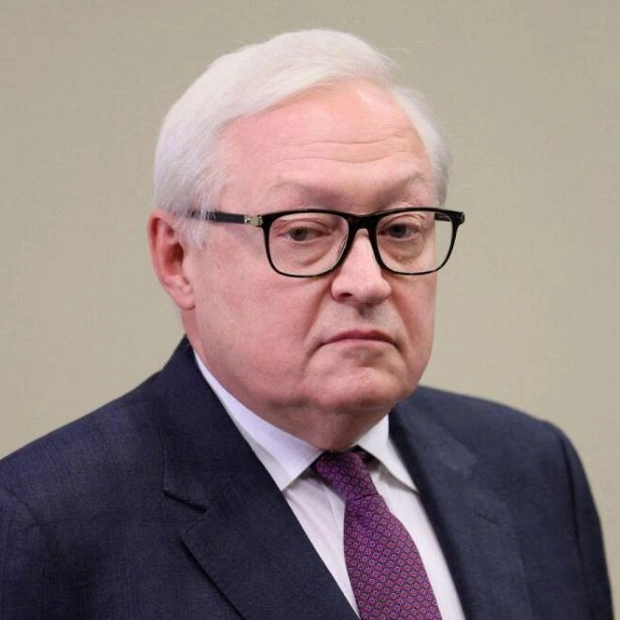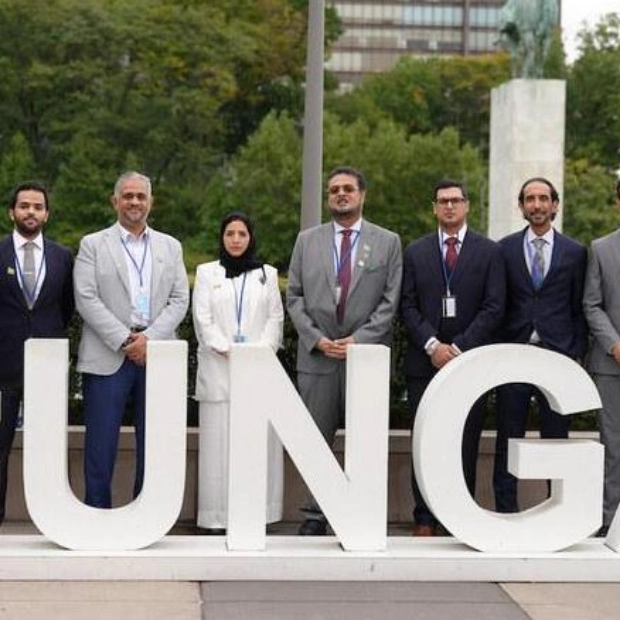Top US diplomat Antony Blinken on Monday urged Israel and Hamas to not derail negotiations, which he described as possibly the 'last opportunity' to secure a Gaza truce and release hostages. Blinken, during his ninth regional tour since Hamas's October 7 attack sparked the war, emphasized his return to Tel Aviv to finalize and secure this agreement. 'This is a critical moment—probably the best, maybe the last, chance to bring the hostages home, achieve a ceasefire, and set a path towards lasting peace and security,' Blinken stated during a meeting with Israeli President Isaac Herzog. The US Secretary of State was scheduled to meet with Israeli Prime Minister Benjamin Netanyahu and other officials before heading to Cairo, where ceasefire talks are set to resume this week. Both Israel and Hamas have blamed each other for delays in reaching a truce agreement, which diplomats believe could prevent a broader conflict in the Middle East. 'We are working to ensure no escalation, no provocations, and no actions that could hinder finalizing this deal or escalate the conflict elsewhere and to greater intensity,' Blinken noted.
Months of intermittent talks with US, Qatari, and Egyptian mediators have yet to yield an agreement. However, the stakes have increased following the late July killings of Iran-backed militant leaders, including Hamas political chief Ismail Haniyeh, and as the humanitarian crisis in the besieged Gaza Strip worsens. Ahead of talks in Qatar last week, Hamas called on mediators to implement a framework proposed by US President Joe Biden in late May, rather than conducting further negotiations. Biden stated on Sunday that a ceasefire was 'still possible' and that the United States was 'not giving up.' After the Qatar meeting, the US presented a 'bridging proposal,' which Hamas said met Netanyahu's conditions but included terms they would not accept. Hamas demanded a permanent ceasefire and a comprehensive withdrawal from the Gaza Strip, while Netanyahu aimed to maintain Israeli forces at strategic locations such as Netzarim junction, the Rafah crossing, and the Philadelphi corridor. Netanyahu was deemed 'fully responsible for thwarting the efforts of the mediators' by Hamas. Herzog, alongside Blinken, criticized Hamas's refusal to move forward. He expressed the Israeli people's desire for the 'as soon as possible' return of hostages still held in Gaza. Israeli opposition leader Yair Lapid urged Netanyahu to 'not miss this opportunity' and 'bring them back.' Pressure has been called for on Netanyahu by Western ally Jordan, hostage supporters in Israel, and Hamas itself to reach an agreement. Netanyahu reiterated that Hamas 'remains obstinate' and must be pressured, following his office's statement of 'cautious optimism' about reaching a deal. US, Qatari, and Egyptian mediators also reported progress, despite opposition from far-right members crucial to the prime minister's governing coalition.
The October 7 attack on southern Israel resulted in the deaths of 1,198 people, mostly civilians, according to an AFP tally of Israeli official figures. Israel's military campaign in Gaza has claimed at least 40,099 lives, according to the territory's health ministry, which does not detail civilian and militant deaths. Of the 251 hostages taken during Hamas's attack, 111 remain in Gaza, including 39 the military claims are dead. Over 100 were released during a one-week truce in November. Biden's plan, announced at the end of May, would initially halt fighting for six weeks to exchange Israeli hostages for Palestinian prisoners in Israeli jails and allow humanitarian aid into Gaza. As ceasefire efforts continued, violence persisted in Gaza and along the Israel-Lebanon border, where Israeli forces and Hamas's Iran-backed ally Hezbollah have engaged in near-daily clashes throughout the war. Hezbollah claimed attacks on troops and positions in northern Israel, following a deadly Israeli strike on south Lebanon's Tyre. In southern Gaza, Israeli evacuation orders warning of imminent military action have 'reduced the safe zone,' leaving 'no more space' for displaced Palestinians, according to Samah Dib, 32. Some 'are sleeping on the street,' while clean water is scarce and food is 'very expensive and we have no money left,' said Dib, among the displaced nearly all of Gaza's 2.4 million people. From the Israeli-designated safe zone in southern Gaza's Al Mawasi, a fearful Lina Saleha, 44, reported hearing the rumble of tanks 'getting closer.'
